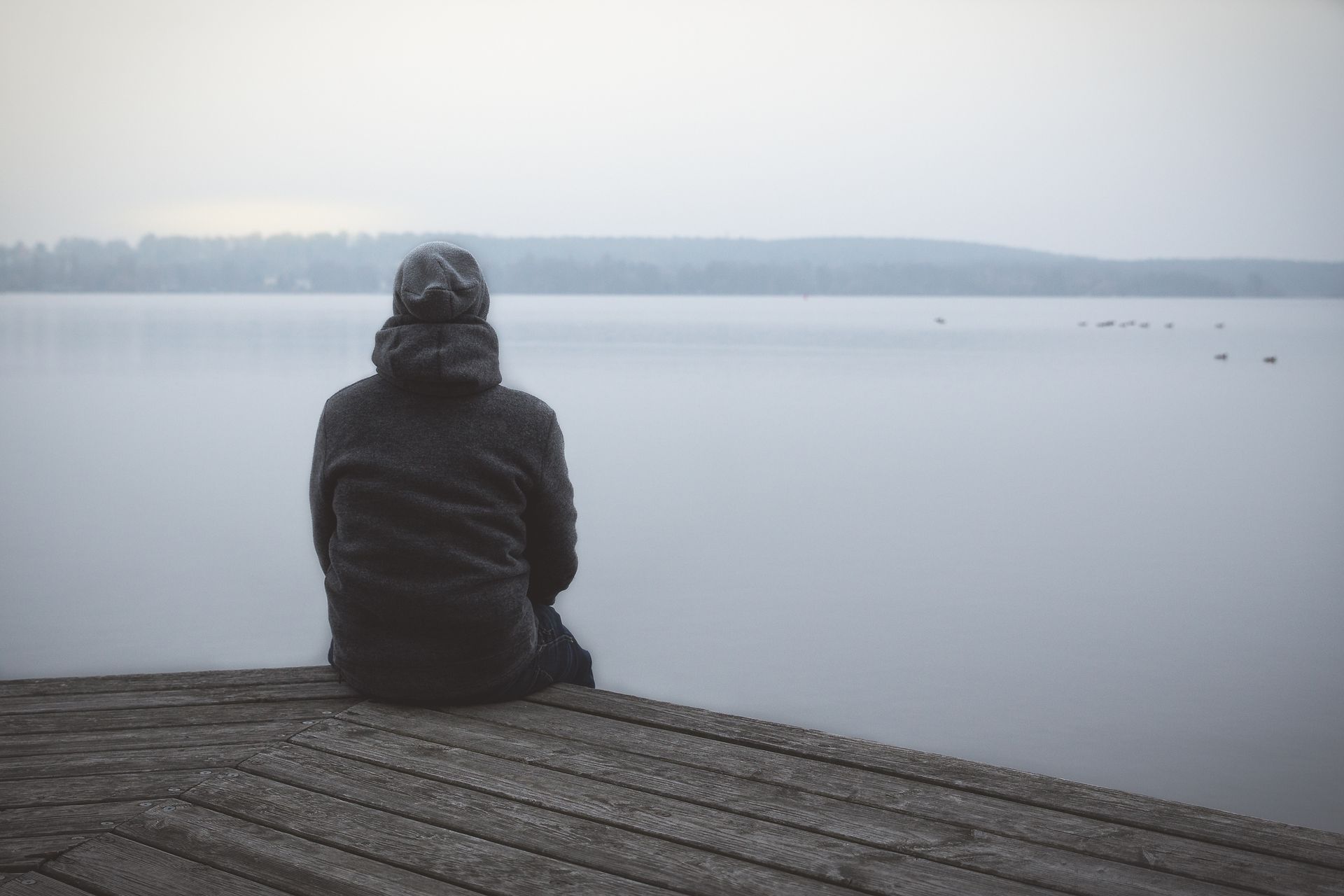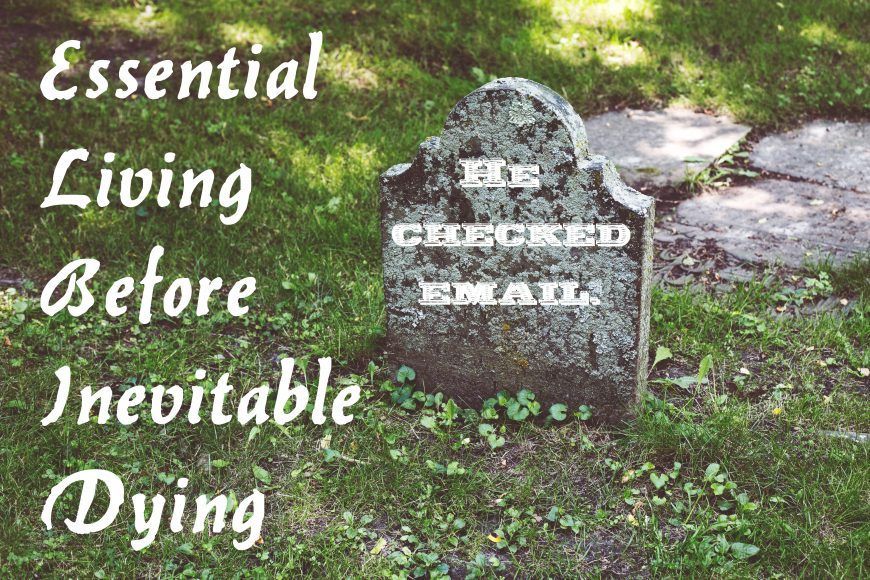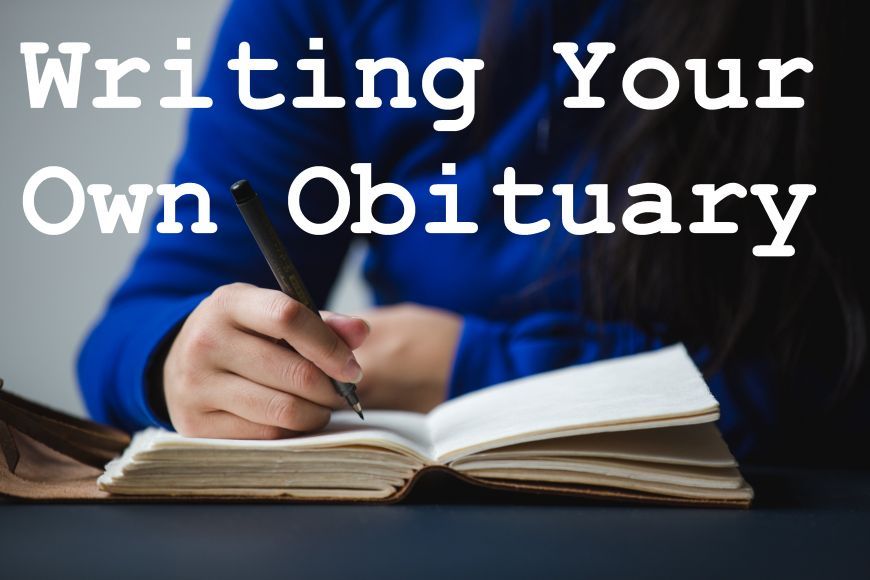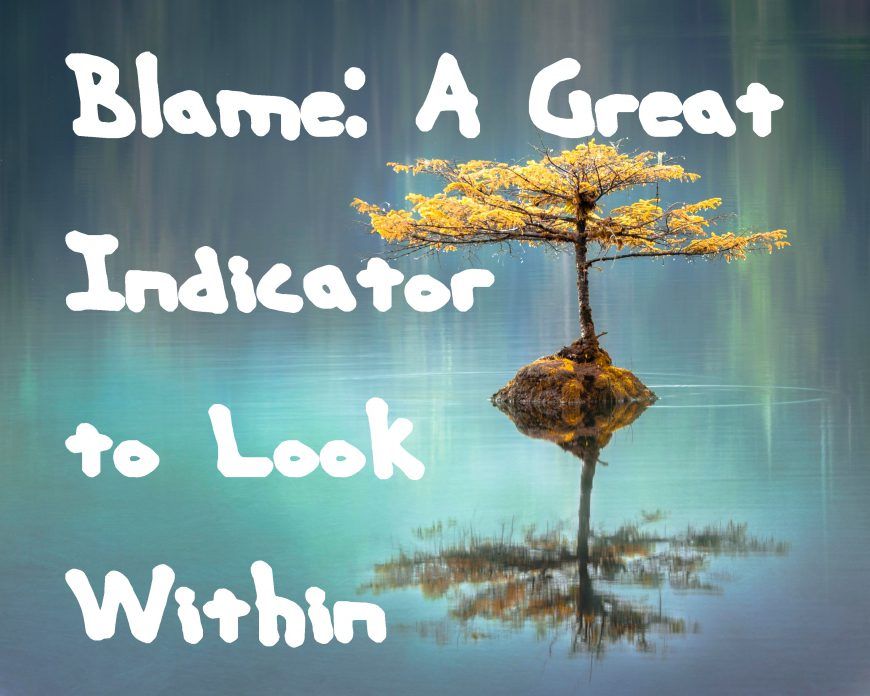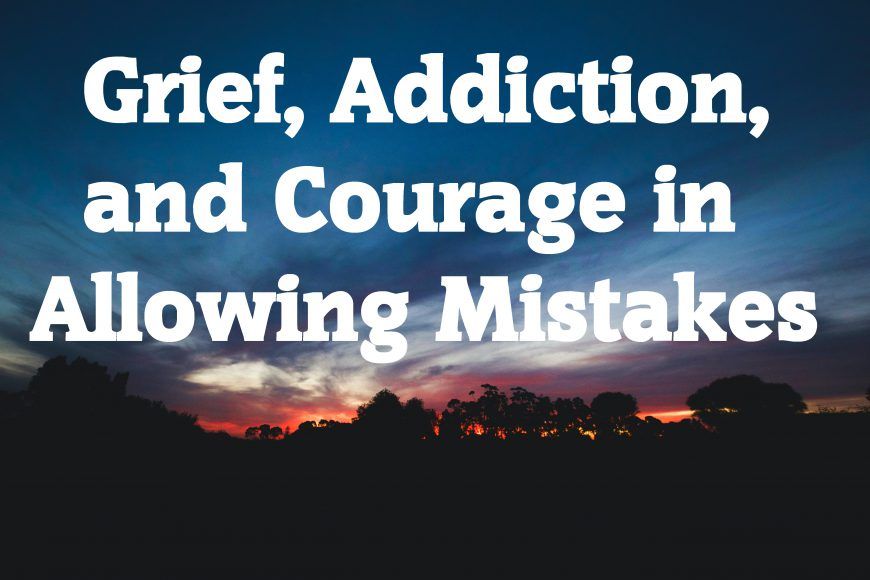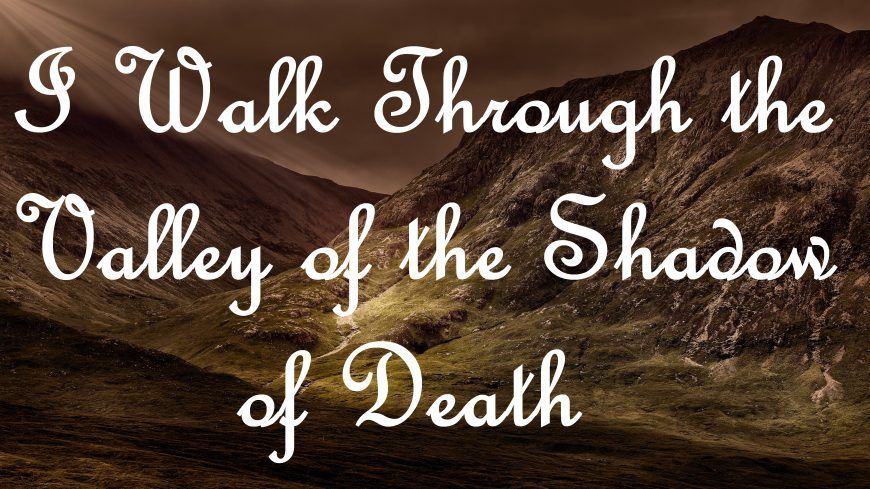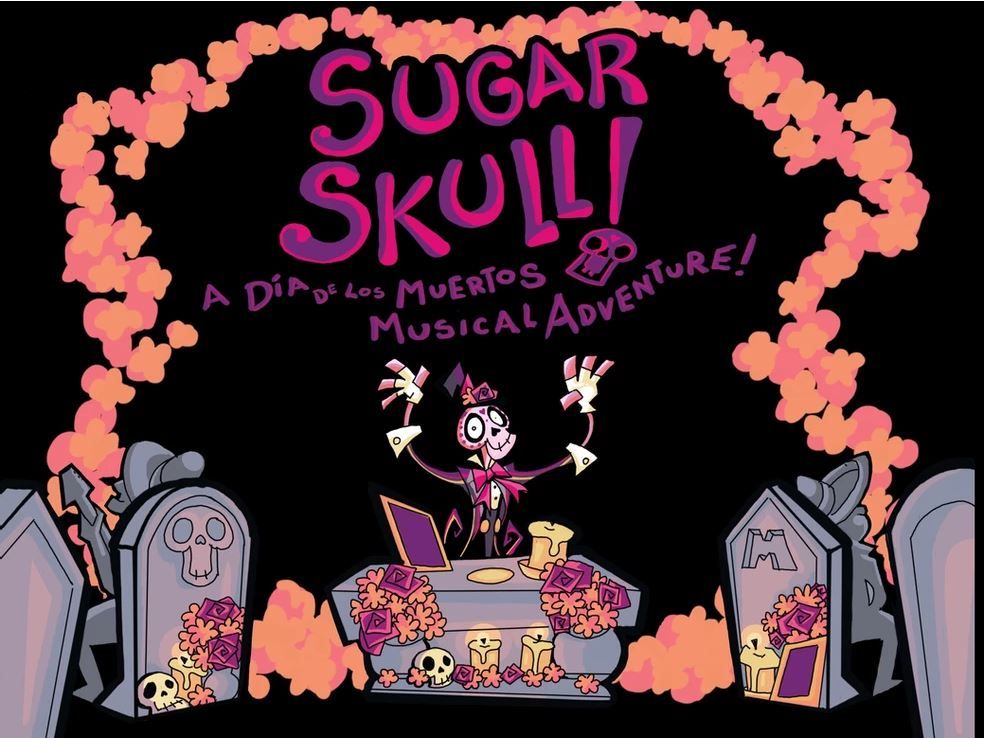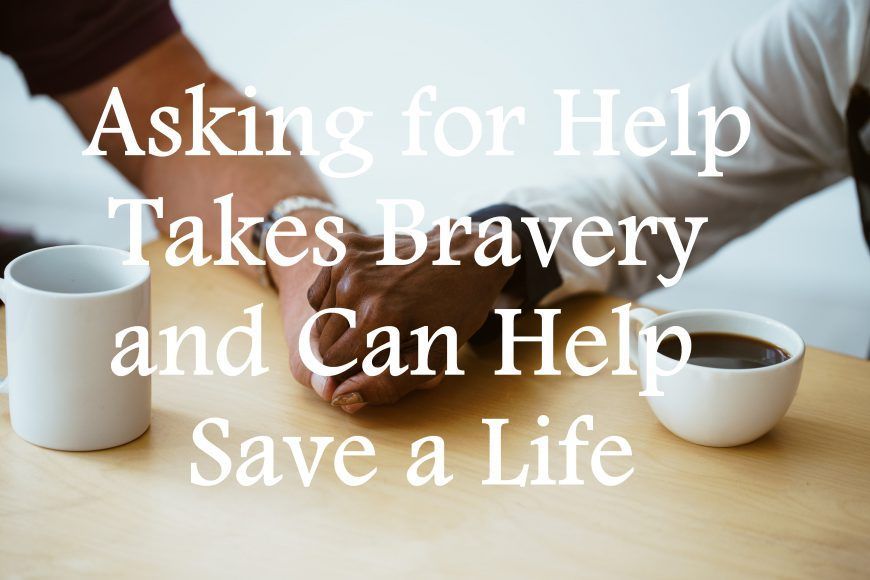Sitting in the Unknown Can Be Difficult
Dear Ted,
There seem to be many sad events happening in our community right now and after reading the Taos News last week, my heart aches with some very tragic stories that I feel I cannot do anything about. I can only sit and wait. I feel intense anxiety within my psyche and feel irritated and kind of like I’m “crawling out of my skin.” I also don’t feel quite as safe within the town I love so dearly. Am I the only one feeling like this? Can you give me some insight into what might be happening within my internal world? I usually feel pretty calm inside.
Thank you,
Roberta
—
Dear Roberta,
I had written a different article for this week but your question has definitely taken precedence. This feels like a precarious time due to the many different events that have surfaced in our community of Northern New Mexico. This is typical. No matter where we live, a community will feel the grief of the individual and the community turmoil when a number of difficult stories accumulate over a short period of time.
Research demonstrates that people have a tendency of absorbing the emotions of those around them. They then feel the same types of feelings. So when a large portion of the community is feeling helplessness, sadness, dismay, and loss of control, it is normal and appropriate to have similar feelings or to even compound the complex feelings you already have.
One of the most difficult processes for your brain to handle is the unknown. The brain is always interpreting data in order to keep you safe in the world. When these sorts of events happen there is a feeling of less safety and the brain goes into hyper-alert gear. It is looking for some sort of action to take in order to relieve the discomfort of the unknown. This is difficult because there may be no action to help fix the situation. A feeling of futility may step in to take the place of the anxiety. You expressed it well by saying, “I’m crawling out of my skin.”
There will often be situations that you cannot fix in the present situation. This doesn’t mean you cannot ease the discomfort. Our psyche/unconscious can be very childlike and wants the brain to do something to ease the discomfort. A profound tool all of us have is choice and in most situations we have the ability to choose our next action. We may not be able to choose the outcome but we can choose the next action. When we choose the next action and attempt to follow through with that action, the sub-conscious can feel protected to some degree and ease off of the demand that the brain fix it now. It is important to make choices that are attainable rather than taking action that sets up failure. Failure will only reinforce the feeling of futility and anxiety. Choices and actions do not need to be gigantic. As a matter of fact, it is usually the simple and doable choices that lead to profound outcomes due to one conscious choice at a time.
Perhaps you will choose to pray, light a candle, gather more information or connect with other like-minded people. Self-care is always important in order to make healthy and conscious decisions. When we are left with unknown outcomes, we need to take the time to decide what the next step is and how that leads to future goals. Then we need to focus on that next step. This will allow the unknown to evolve into the known and your psyche and brain will work together rather than against each other. I wish you well.
Until next time, take care.
Ted
This article was published in The Taos News on May 26, 2016, and is republished here with permission by the writer, Ted Wiard, LPCC, CGC, Founder of Golden Willow Retreat, a nonprofit organization focused on emotional healing and recovery from any type of loss. Visit goldenwillowretreat.com/media-blog/teds-archived-articles/ for more of Ted’s articles.
